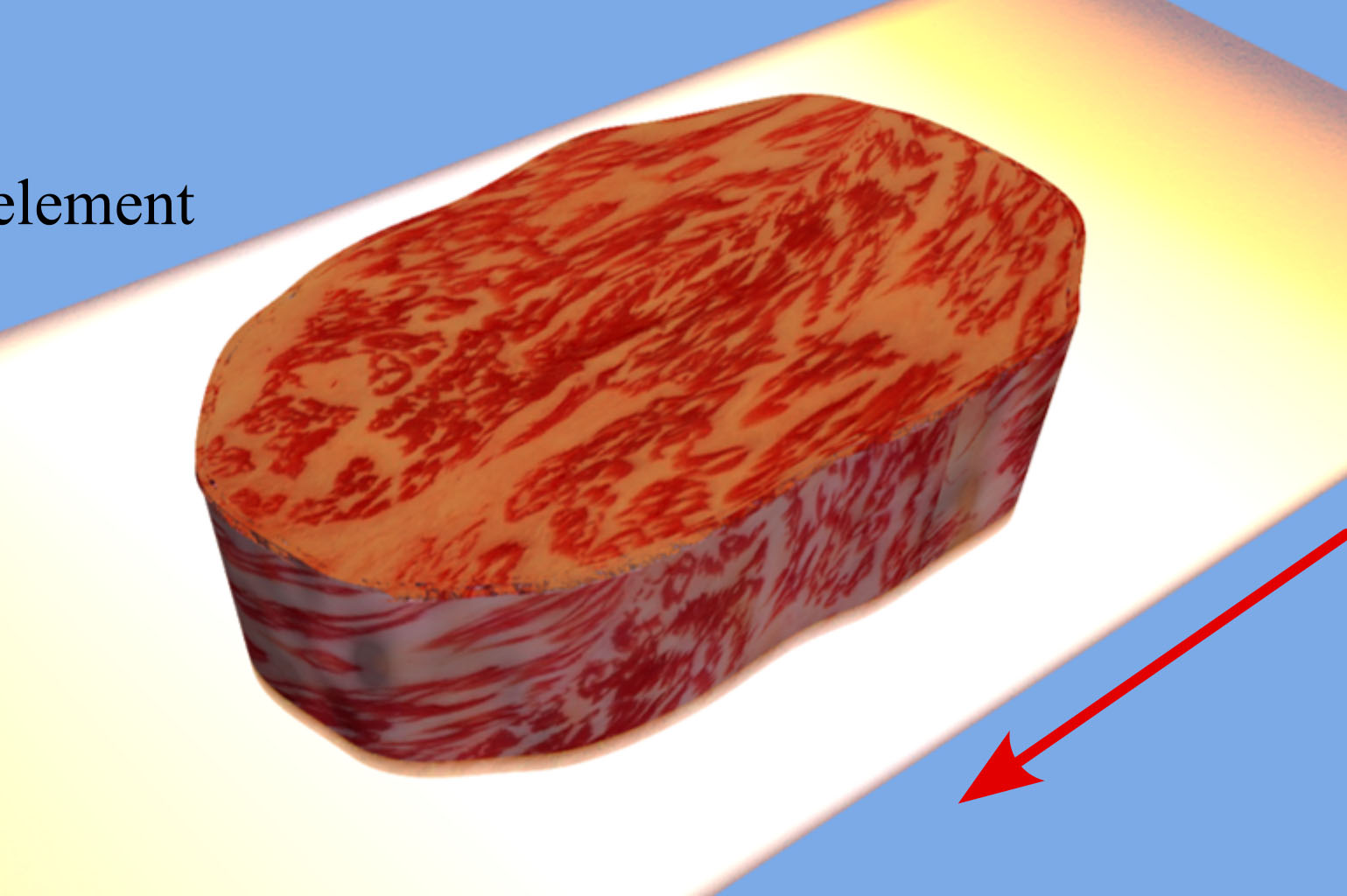‘Flash Heating’ Technology Preserves Food at No Nutritional Cost
A novel food preservation technology that applies ultra-high temperatures in less than a second could improve nutritional quality and food security, a study led by University of Maryland (UMD) researchers found. The method, which protects meat from deteriorating under room temperature for days, was invented by scientists in the Department of Materials Science and Engineering. The collaboration between Assistant Research Professor Yimin Mao, Distinguished University Professor Liangbing Hu and Associate Dean for Research Robert Briber, was published in the journal Nature Communications. Maintaining food safety and quality are critical for public health and food security. Typically, these goals are achieved using different food preservation methods, such as refrigeration, chemical preservation (which involves adding substances like salt, carbon dioxide, and lactic acid), biopreservation (such as fermentation), high hydrostatic pressure processing, or ionizing radiation treatments. However, these technologies tend to either consume significant energy or are achieved at the sacrifice of the food quality and nutrition. “The multi-functions of flash heating technology for processing the meat product are much needed in the food industry for nutrient preservation and food safety considerations,” said Qin Wang, a UMD professor in nutrition and food science and collaborator in the study. Researchers developed the new food preservation method by applying Joule heating to a carbon substrate—creating a transient heating effect of approximately 2,000 degrees Kelvin in less than one second. This treatment sterilizes the surface of the meat by creating a dehydrated layer of about 100 microns, which inhibits the growth and migration of microorganisms during its storage. For up to five days, flash-heated meat will remain preserved at room temperature without deterioration, change of texture, or loss of nutrients—which could help improve both food safety and security. The work was an interdisciplinary collaboration with researchers from the United States Department of Agriculture’s (USDA) Agricultural Research Service, which included Distinguished Senior Scientist Yaguang Luo and Research Food Technologist Bin Zhou, both of whom conduct studies in the Environmental Microbial and Food Safety Laboratory, in Beltsville, Maryland. “It has been a very rewarding experience working with this highly interdisciplinary team,” said USDA scientist Luo. Other collaborators from UMD’s Department of Nutrition and Food Science included Acting Chair Cheng-I Wei, Professor Shaik O. Rahaman, Postdoctoral Associate Peihua Ma and doctoral student Xiaoxue Jia. Additionally, Iowa State University’s Department of Animal Science’s Associate Professor Rodrigo Tarté was part of this study.
May 23, 2024 Prev Next |


